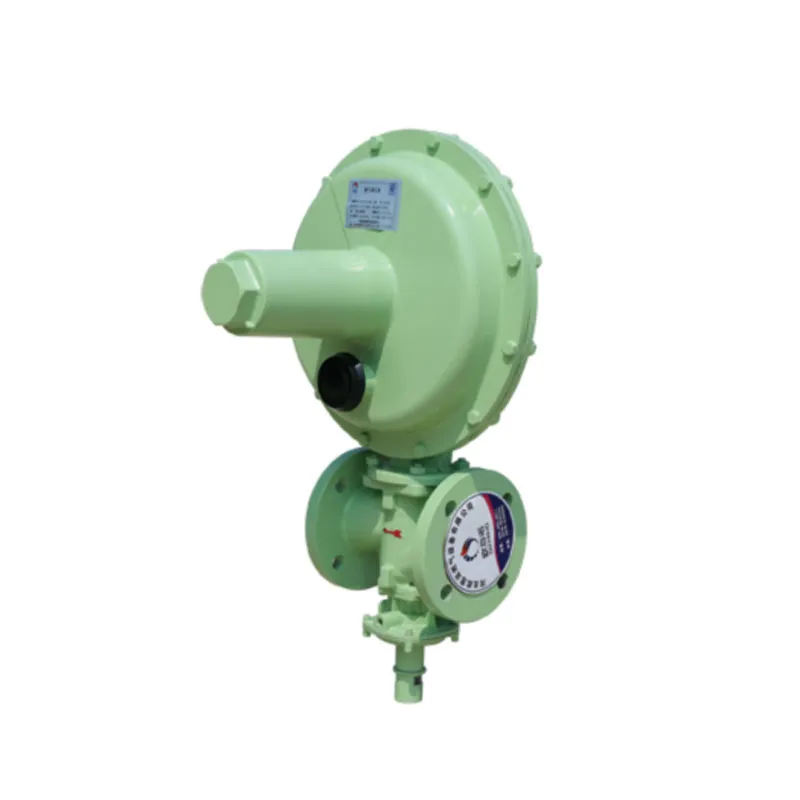
Oct . 19, 2024 12:32
Back to list
Gate Valve Selection and Applications for Fluid Control Systems
Understanding the Importance of Shut-off Valves
Shut-off valves, also known as isolation valves, play a crucial role in various industrial and residential applications. These components are designed to stop the flow of fluids, be it liquids or gases, within a system. Their primary function is to enable maintenance, repair, or replacement of system components without needing to drain the entire system. This article explores the types, functions, and significance of shut-off valves in different applications.
Types of Shut-off Valves
Shut-off valves are available in several types, each suited for specific applications. Some of the most common types include
1. Gate Valves These are primarily used for on/off control in high-flow applications. They operate by raising and lowering a gate in the flow path. Gate valves provide minimal resistance to flow and are often used in pipelines where full flow is necessary.
2. Ball Valves Featuring a spherical disc that controls flow, ball valves are known for their durability and ease of use. They provide a tight seal, making them ideal for applications where leakage must be minimized.
3. Globe Valves These valves are used for regulating flow rather than complete shut-off. They have a spherical body and a movable disk that can adjust the flow rate. Globe valves are often used in steam and water systems.
4. Butterfly Valves These valves use a rotating disc to control flow. They are compact and lightweight, making them suitable for large pipes. Butterfly valves are efficient and capable of handling high flow rates.
5. Check Valves While not a shutdown valve per se, check valves prevent backflow in a system, ensuring that the flow goes in one direction only.
Functions of Shut-off Valves
.
- Isolation They provide a means to isolate specific sections of a pipeline, facilitating maintenance and ensuring safety. This is particularly important in emergency situations where quick access to shut off the flow of hazardous materials is necessary.
صمام الإغلاق

- Flow Control Some shut-off valves, such as globe valves, are designed to regulate flow levels while still allowing for complete shut-off. This feature is vital in applications where precise control over flow rates is needed.
- Safety In critical industries such as oil and gas, chemical processing, and water treatment, maintaining system integrity is paramount. Shut-off valves play a vital role in preventing accidents and spills by enabling quick isolation of hazardous substances.
- Efficiency Properly functioning shut-off valves can improve the overall efficiency of systems by reducing leaks and maintaining pressure levels, thus minimizing waste and energy consumption.
The Significance of Shut-off Valves
The significance of shut-off valves can be appreciated across various sectors
- Residential Use In homes, shut-off valves are installed in plumbing systems, allowing homeowners to quickly stop water flow in case of leaks or plumbing emergencies. They are also used in gas lines to ensure safety.
- Industrial Applications In industrial settings, shut-off valves are essential for managing large volumes of liquids and gases. They ensure processes function smoothly by enabling easy maintenance and emergency response.
- Energy Sector In the oil and gas industry, shut-off valves are critical for controlling the flow of hydrocarbons during extraction and transport. They prevent spills and accidents that could have devastating environmental impacts.
- Water Management Shut-off valves are vital in water distribution systems, ensuring that water can be redirected or isolated for repairs without affecting the entire system.
Conclusion
Shut-off valves are indispensable components in a wide array of systems. Their ability to control fluid flow, ensure safety, and facilitate maintenance make them essential in both residential and industrial applications. Understanding the different types and functions of these valves not only enhances operational efficiency but also contributes to safety and environmental protection. As technology continues to develop, the design and versatility of shut-off valves will likely evolve, further solidifying their importance in modern engineering and infrastructure.
Next:
Latest news
-
Safety Valve Spring-Loaded Design Overpressure ProtectionNewsJul.25,2025
-
Precision Voltage Regulator AC5 Accuracy Grade PerformanceNewsJul.25,2025
-
Natural Gas Pressure Regulating Skid Industrial Pipeline ApplicationsNewsJul.25,2025
-
Natural Gas Filter Stainless Steel Mesh Element DesignNewsJul.25,2025
-
Gas Pressure Regulator Valve Direct-Acting Spring-Loaded DesignNewsJul.25,2025
-
Decompression Equipment Multi-Stage Heat Exchange System DesignNewsJul.25,2025

